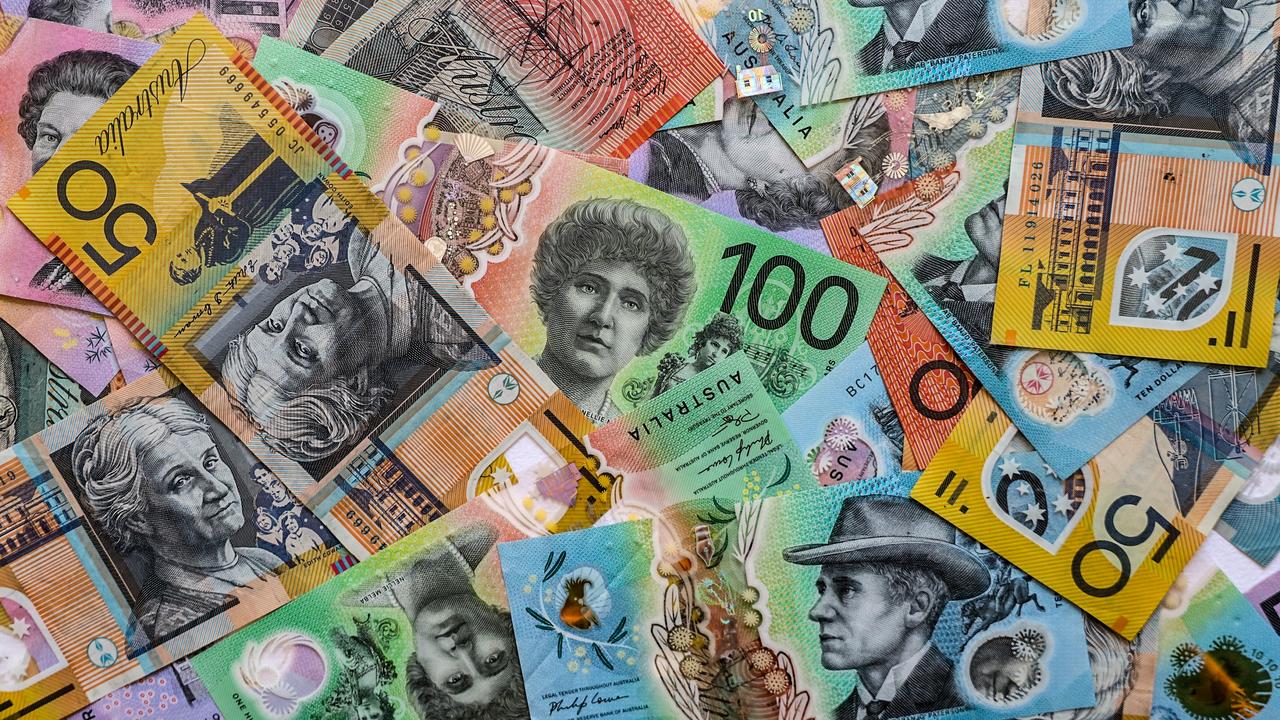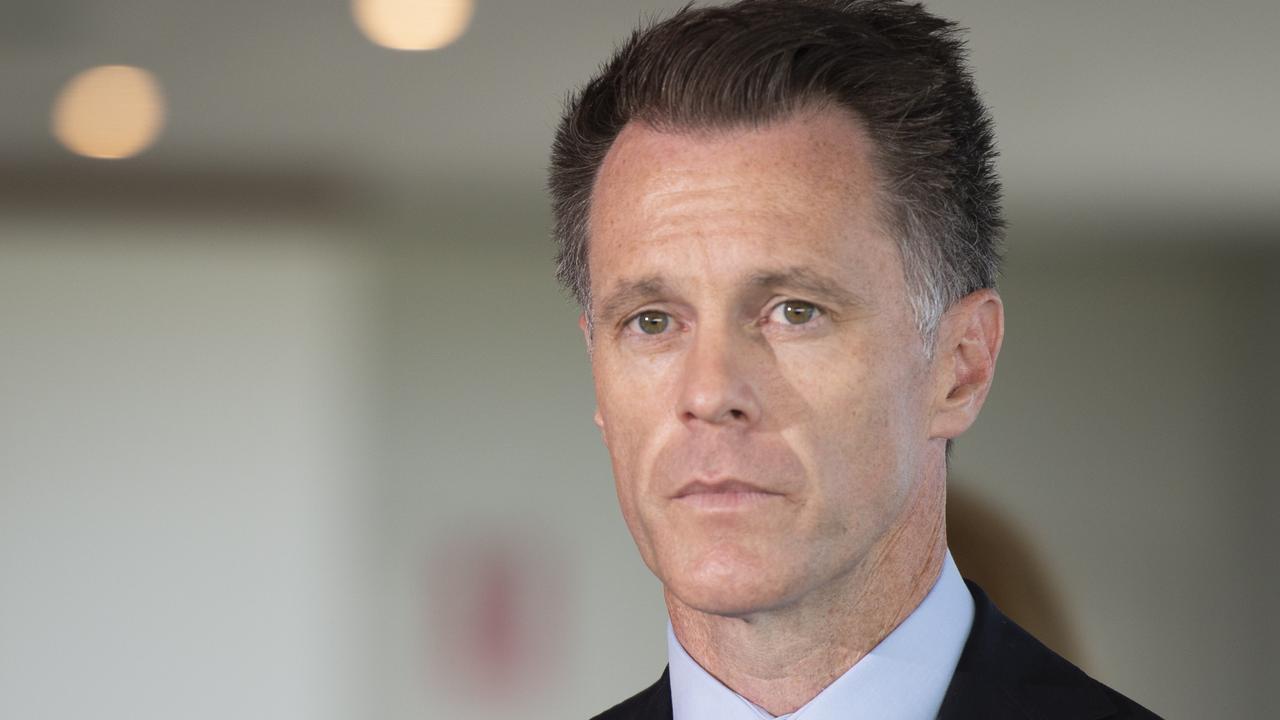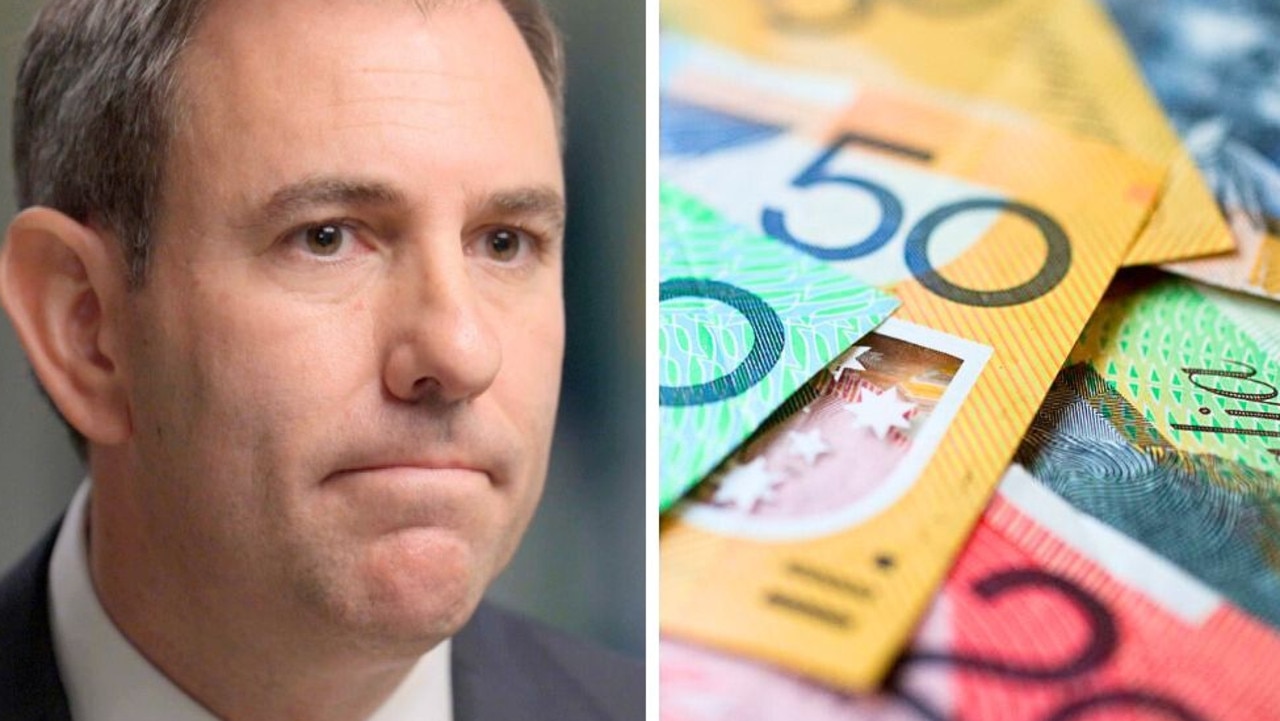What election results really mean for property market
For months, the property market was paralysed by the uncertainty of an upcoming federal election. Now two key things are likely to happen.
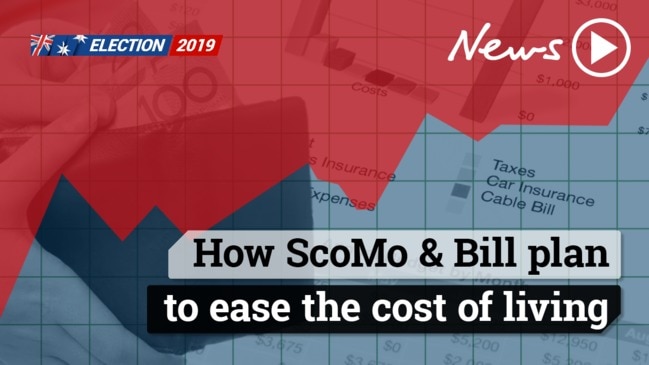
With the uncertainty of the election campaign behind us the future looks a lot clearer for the Australian economy. The Coalition has been returned, and that means changes are minimal.
The new Government does not have an elaborate policy agenda that would affect the whole
fabric of the Australian economy.
In fact, the most salient thing about the government is what it is not doing. Housing policy will stay exactly as it was.
THAT’S A NEGATIVE ON CHANGING NEGATIVE GEARING
Do two negatives make a positive? Labor had two big policy promises that were designed to affect the housing market.
It was going to change negative gearing and capital gains tax, which was likely to make homes slightly cheaper. Those changes are now not going to happen.
This policy stability is likely to be good news for anyone hoping to sell their home. It is likely to make house prices slightly higher than they would otherwise have been in the short run, as they were probably falling a bit in anticipation of Labor winning.
The flip side of this relative bump in prices would be bad news for anyone hoping to get into the housing market, but probably provides a small boost for the economy overall, at least in the short run. Higher house prices are likely to make homeowners feel wealthier. They could also tempt more people to sell their house in the second half of the year. Higher volumes of properties being sold in turn tends to drive expenditure on retail as people buy new furnishings and do repairs.
What we don’t want is a return to the boom times that saw housing debt leaping up to record levels. If house prices go back to zooming up at 10 per cent a year, and mortgages get bigger and bigger, that would leave the country with an even bigger problem in a few years. An optimal scenario might be house price stability for a few years, with houses getting more affordable gradually as inflation rises. Whether this happens in reality depends a great deal on the Reserve Bank (RBA) — more on that later.
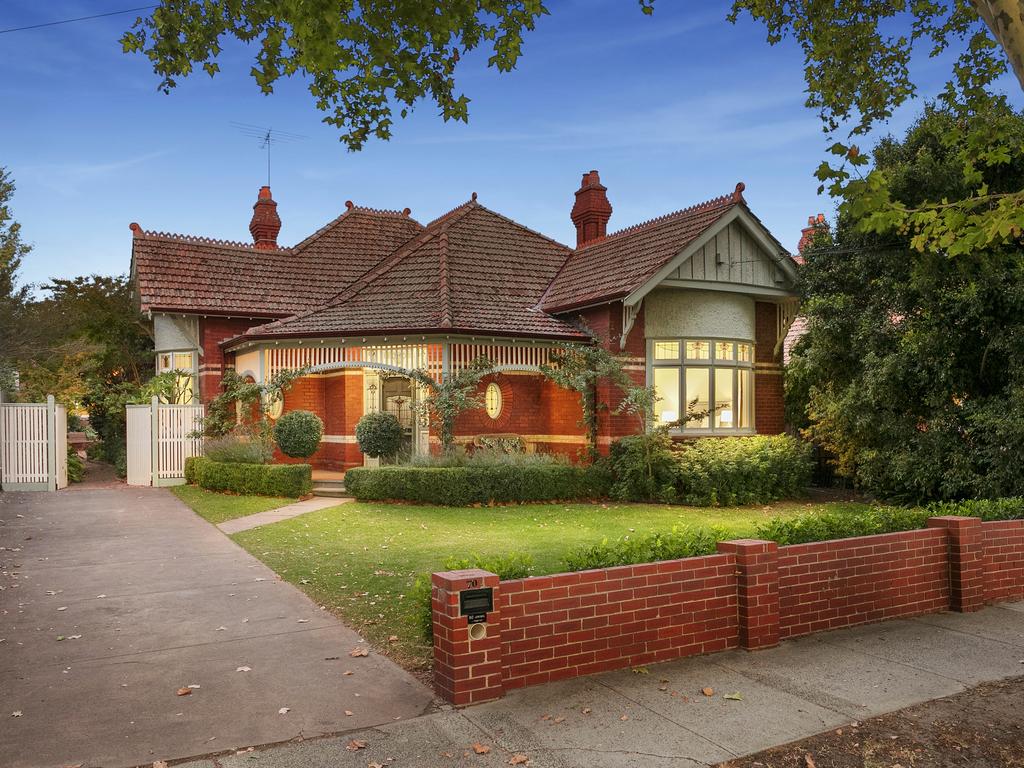
TAX CUTS
In the Budget, the Coalition announced tax cuts of $1080 for middle income earners. Labor immediately mirrored this policy so it didn’t matter who won. But this policy, it seems, will be very important to economic growth.
Economic growth depends on consumption growth and without strong wages growth the only way to get more money into our pockets is tax cuts.
The RBA expects that when we get more money in our pockets it will “flow through into household spending”. They are probably right. The only risk here is actually putting the money in our pockets. The end of the tax year is June 30, and the tax office can’t officially get us our tax cuts unless the law is changed. But the Government can’t change the law until Parliament sits for the first time – and Parliament won’t sit before June 30.
It is possible that even if Parliament doesn’t sit before the end of the financial year the Government can pull together some sort of retrospective law that gets us all a $1080 payment anyway. It seems like the economy will be desperate for some stimulus so we better hope they are able to arrange that.
THE RBA
While the Coalition is promising mostly more of the same, substantial changes could come from Australia’s central bank.
The RBA appears to be promising two big changes. First, it is hinting at interest rate cuts that could come within weeks. That would add further fire to the housing market, and also hopefully give the real economy a gentle boost. Second, the RBA is now arguing we should have a lower unemployment rate.
“My judgment of the accumulating evidence is that the Australian economy can support an unemployment rate of below 5 per cent without raising inflation concerns,” said the RBA governor on Tuesday.
This is especially gratifying since I made this exact argument on these pages a few weeks ago. You read it here first! The RBA is right to adopt this stance.
Five per cent unemployment does not mean what it used to. Five per cent unemployment used to mean low underemployment too. It doesn’t mean that anymore, so we should no longer happily accept unemployment at 5 per cent. An unemployment rate starting with a three is a realistic target.
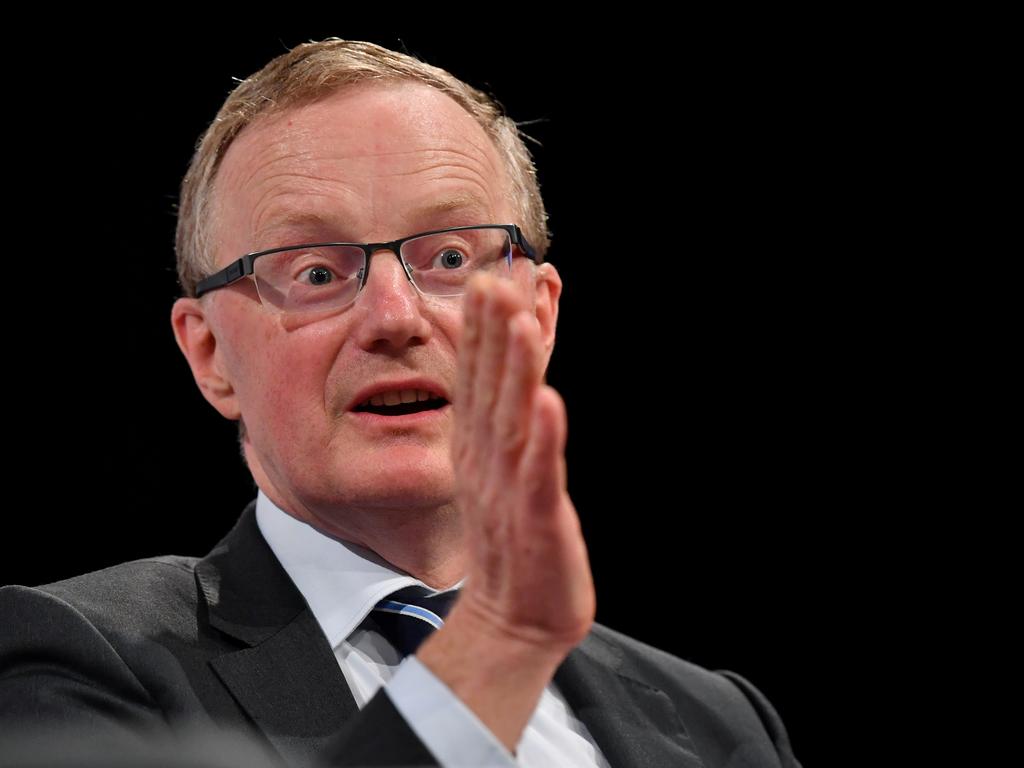
AND WHAT IF A GLOBAL RECESSION COMES?
The trade war between the USA and China is only getting worse. The risk of a global economic downturn is real. The big question is whether the new government will be able to respond adequately if it happens.
The Coalition has one thing going for it. It is unencumbered by big policy commitments so if it all hits the fan internationally, they can easily leap to action to save the economy. The question remains over whether it would.
Remember Kevin Rudd’s big-spending reaction to the GFC? It was criticised heavily by the Coalition. Would a Coalition Government be willing to step in and keep the economy flowing if Australians stopped spending in response to a big shock? I actually suspect they would.
It’s easy to criticise form Opposition, but when the hard choices need to be made, I expect the government to do what needs to be done. They might avoid subsidising roof insulation however. That turned out rather controversial last time. (In fact, those $1080 tax cuts mentioned above are actually not entirely different to Rudd’s $900 cheques. The government could just repeat that trick if a global recession threatens.)
THE IDEAL FUTURE
If the Coalition can keep house prices roughly stable and drive unemployment down below 5 per cent, they will have done something to earn their reputation as good economic managers.
But managing the economy is hard. Things can come at you out of left field — cyclones and financial collapses and Donald Trump — and even the best economic data is never as clear as you hope.
This last election showed the economy remains central to politics. It will be central for the next three years too. And in three years’ time we will get the ultimate assessment on how happy Australians are with how this government is managing the economy — another election.


